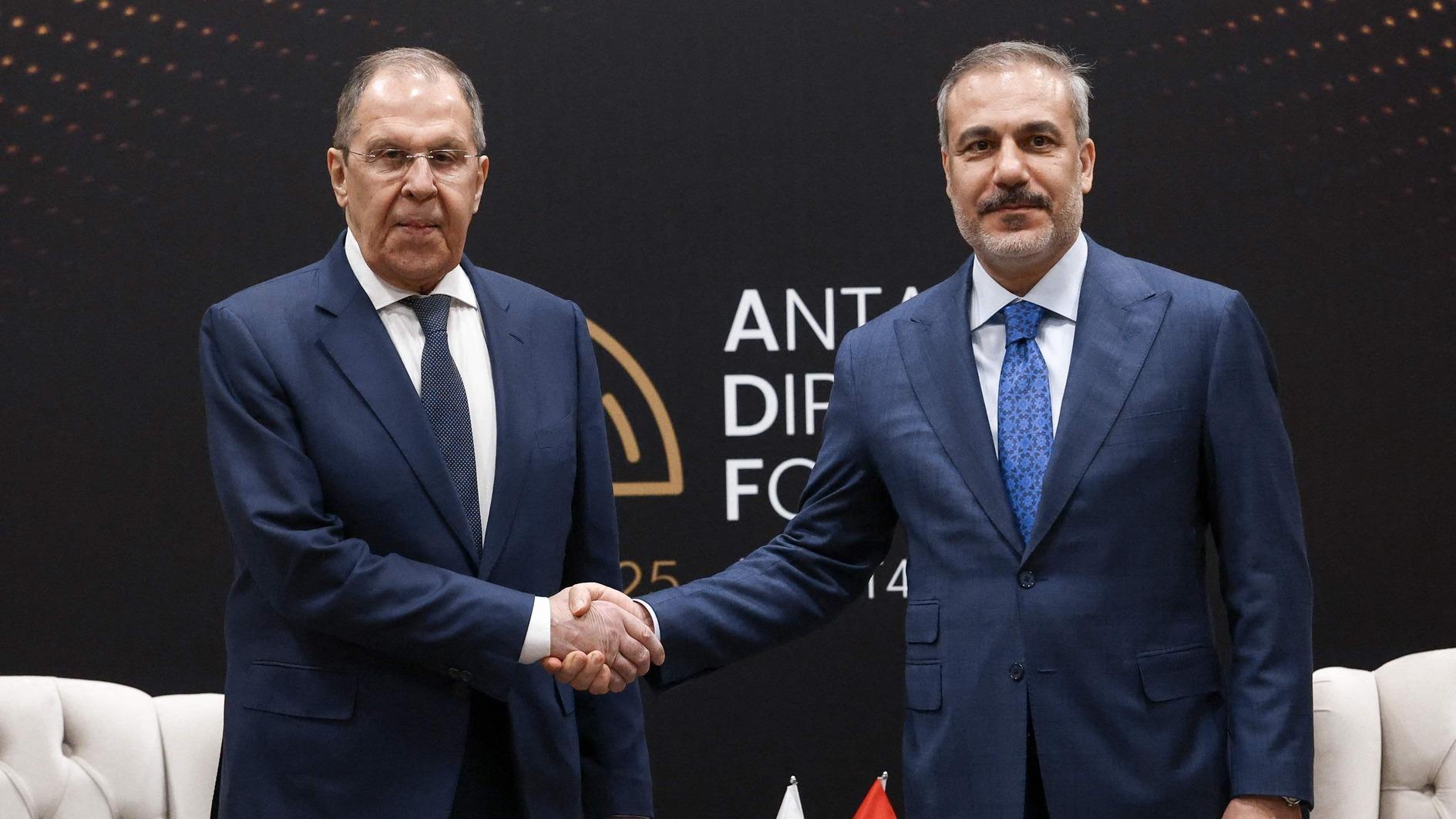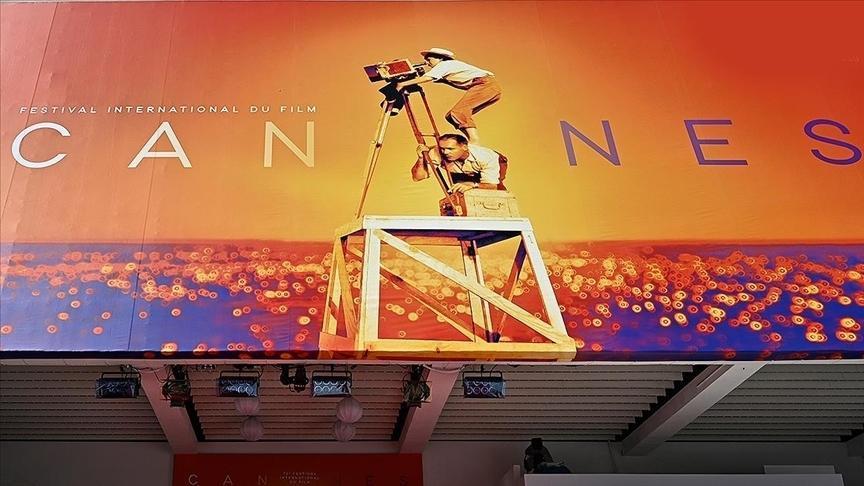An accord on nukes
JONATHAN POWER
Now that Iran and the United States have agreed to negotiate over Iran’s nuclear program hopes are rising that a deal can be made that will end the 34-year-long mutual estrangement.But wait a minute. Before we discuss the possibilities of such a deal coming to fruition lurking in the wings is a would-be putative saboteur — Israel. At the UN last September Prime Minister Benjamin Netanyahu presented to journalists a caricature of an Iranian nuclear bomb and with a marker pen
drew a red line near the top. He made it clear there was a step in the Iranian nuclear program that
would be a step to far. The implication was that Israel would make air strikes on Iran’s nuclear facilities, just as it did against Iraq’s Osirak reactor in 1981 and Syria’s in 2007. Netanyahu appears convinced that Iran is on the nuclear bomb route and that President Barack Obama is in danger of being
irresponsible.
This is ludicrous thinking since Israel could retaliate with its huge stock of nuclear weapons. That is deterrence enough. Moreover, Iran’s air force is antiquated and it has only a limited number of missiles that could reach Israel — a good sign that Iran, a country that has not gone to war in the last 200 years, is not preparing for one now.
The Israeli leadership may be alarmist, even provocative, in its public talk but it is a warning to the American negotiators. Not only have they to satisfy themselves, Israel wants to be satisfied too. Israel has erected a higher bar for the Iranians to jump over. For example, it demands that Iran cease all uranium enrichment.
This brings us to ask what the Obama administration wants of Iran. At last Obama has set aside former president George W. Bush’s demand that was similar to the Israeli’s — no enrichment and hand over the uranium that is already enriched.
The previous American negotiating position has always been flawed. While it is generally accepted that if Iran went past its present upper limit of enriching uranium to 20 per cent (only a small part of its stock) it might be heading for 90 per cent enrichment, which is what is necessary to make a bomb, the former U.K. ambassador to Iran, Richard Dalton, wrote in a letter to The Economist magazine this June that fears of building a bomb are exaggerated and “Iran has a policy of converting its 20 per cent enriched uranium into oxide, ready for research-reactor fuel-making”.
When in 2005, the French president Jacques Chirac negotiated a deal with Iran, the agreement fell apart under pressure from the Bush administration. The essence of that would-be deal was that Western powers would recognize Iran’s legitimate rights under the Nuclear-Non Proliferation Treaty, including uranium enrichment for civilian purposes: nuclear energy such as fuelling its Triga reactor (which needs 20 per cent enriched fuel) and medical research including the production of isotopes necessary for treating cancer patients.
In the August issue of the New York Review of Books, three top US diplomats and academics, Thomas Pickering, William Luers and Jim Walsh, backed by two former presidential national security advisors, Brent Scowcroft and Zbigniew Brzezinski, suggested what realistic first steps for making a deal should be: “The US would accept Iran’s peaceful nuclear programme... Iran would agree to limit its 20 per cent enrichment programme and not to stockpile such material — or, alternatively, end enrichment in return for a guaranteed supply of fuel elements [perhaps from its friend, Russia]. Iran would also agree not to separate plutonium, which could be used for an implosion bomb. In addition, Iran would open up all its facilities to greater and more frequent oversight by the U.N.’s International Atomic Energy Agency. The U.S. would agree to a process for the step-by-step lifting of all the U.N. sanctions in response to further progress.”
This sounds right, although I do think some lifting of the sanctions should begin now as a goodwill gesture, after all similar sanctions used against the Iraq of Saddam Hussein caused over 30,000 deaths of children, according to the UNICEF.
Three months is all that’s needed for such a deal, say the Iranians. The negotiators must knuckle down and sweat it out. As for the Israelis they must be told right now that if they launch an attack on Iran the U.S. and the EU will cut off all their enormous military aid and sales.
This piece first appeared on Khaleej Times











